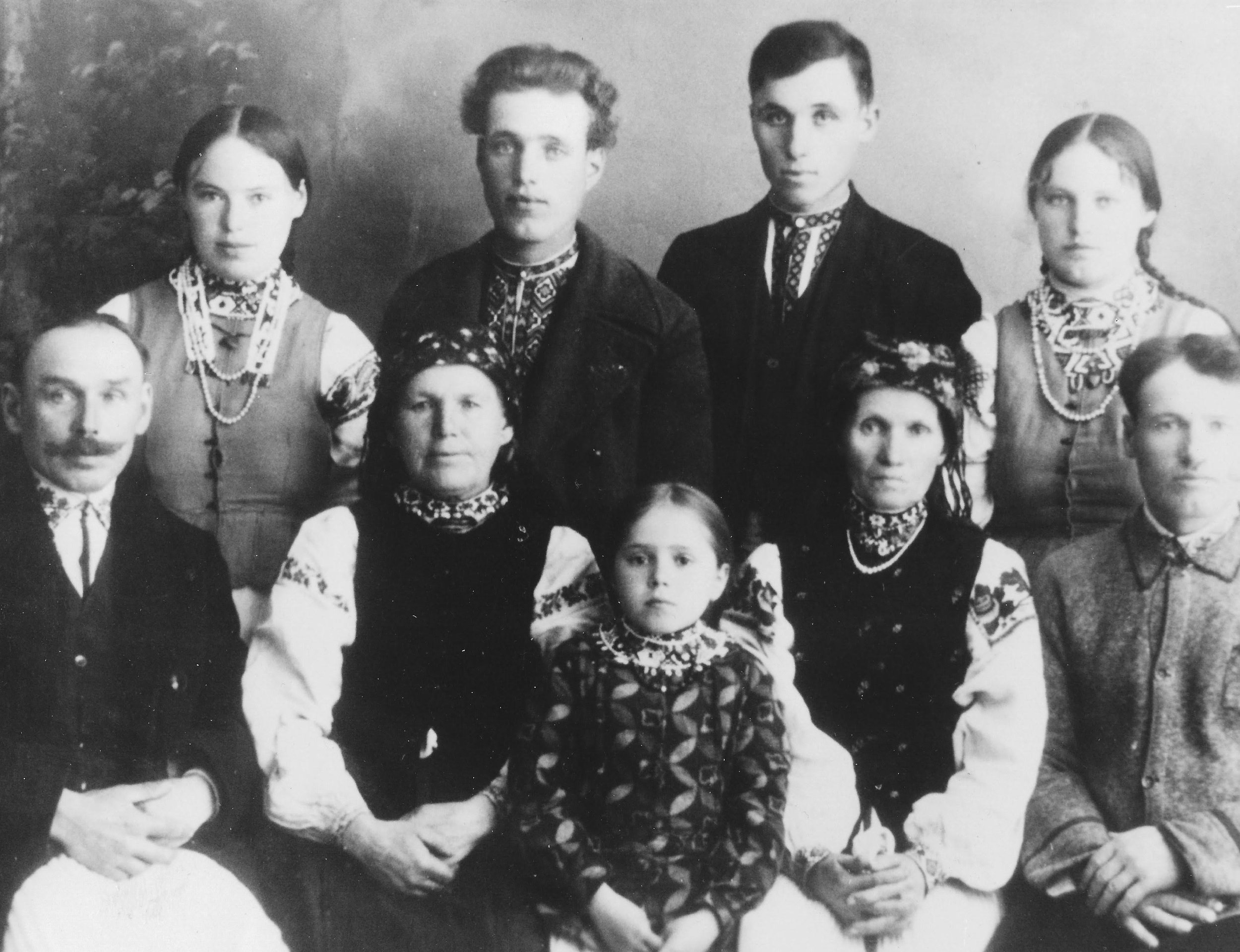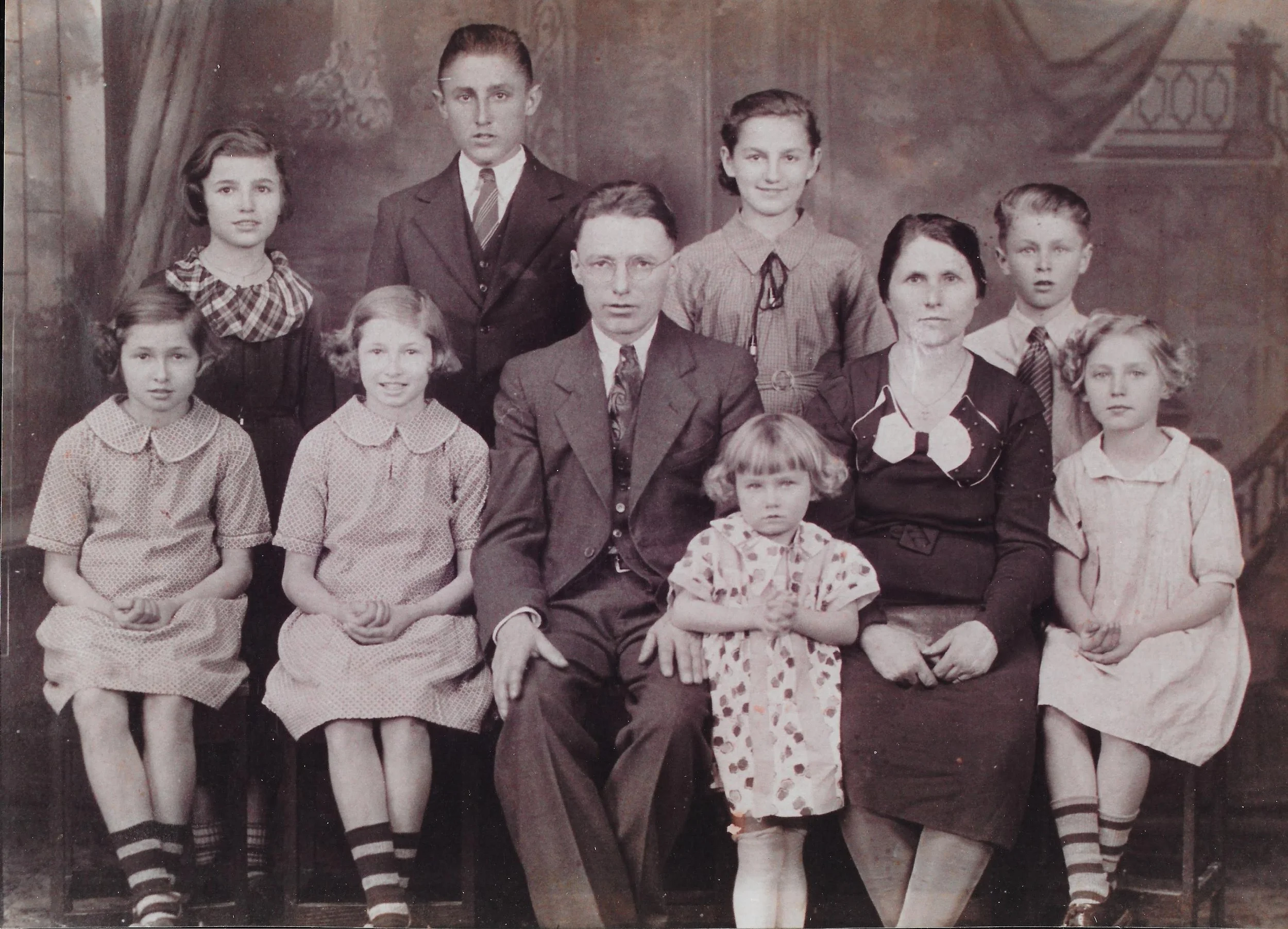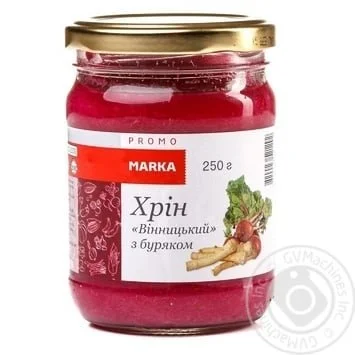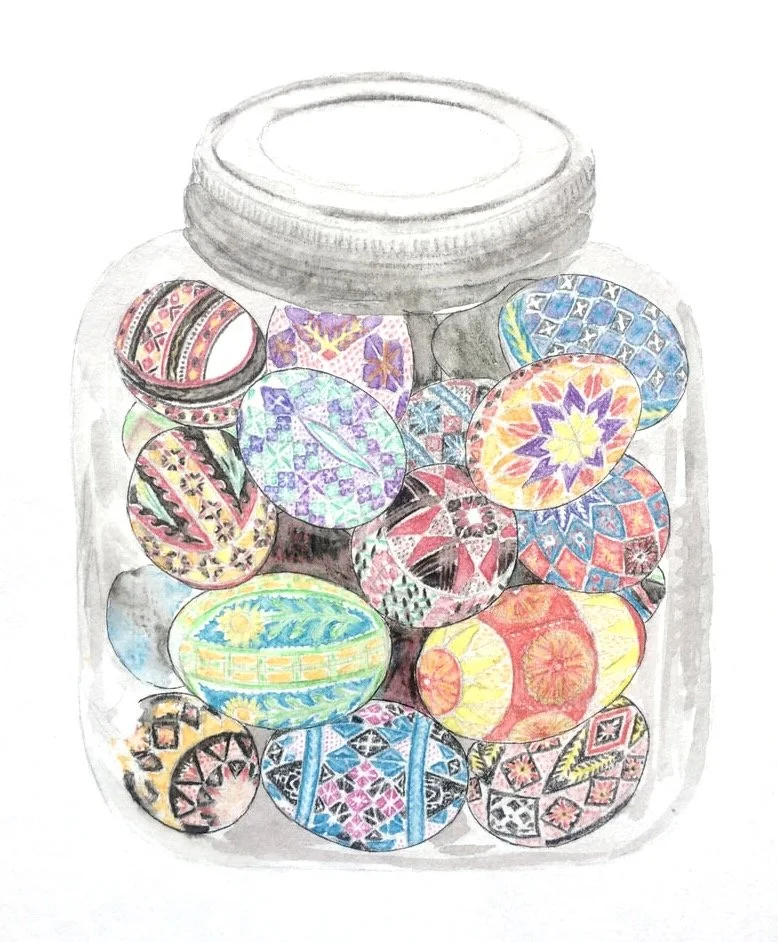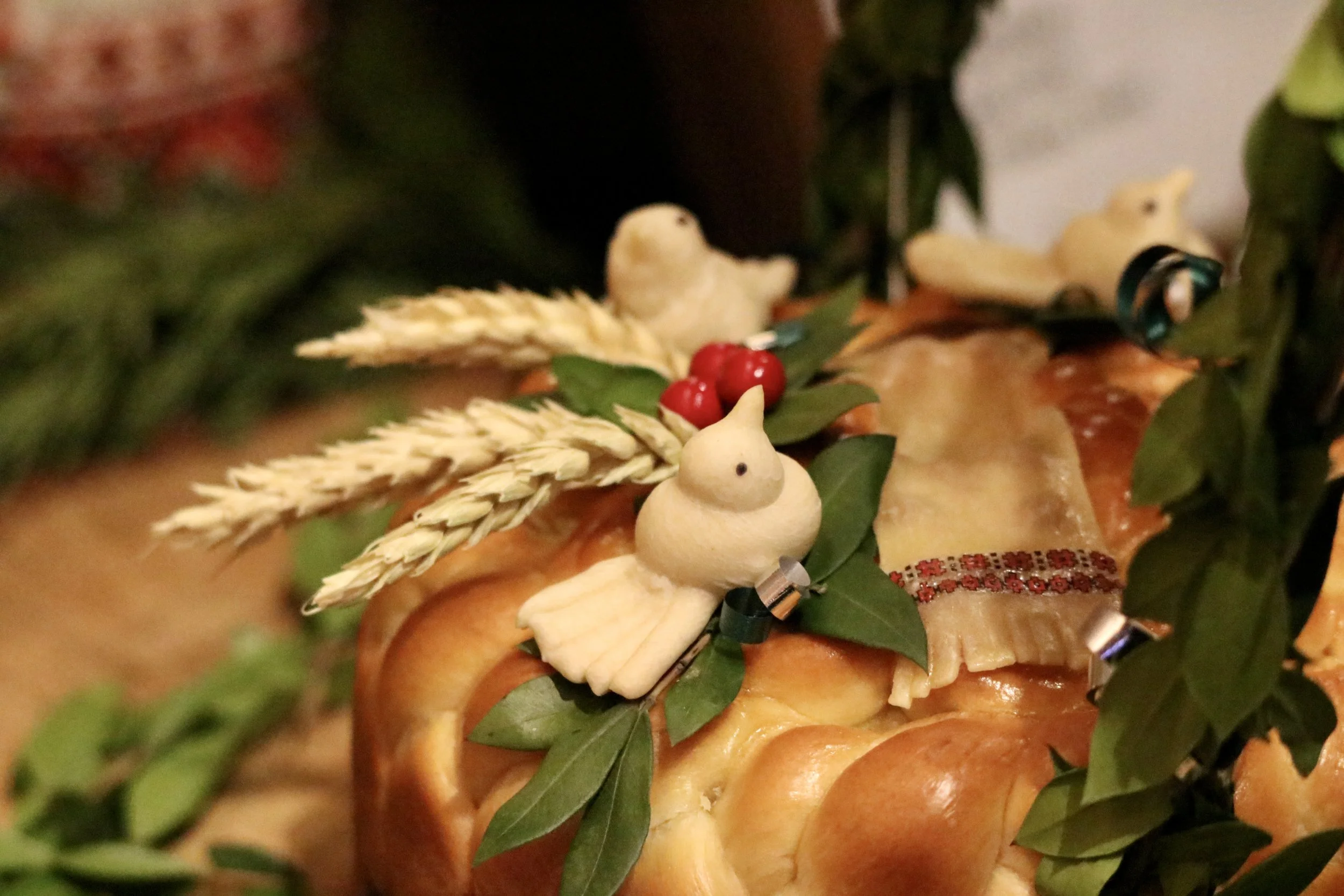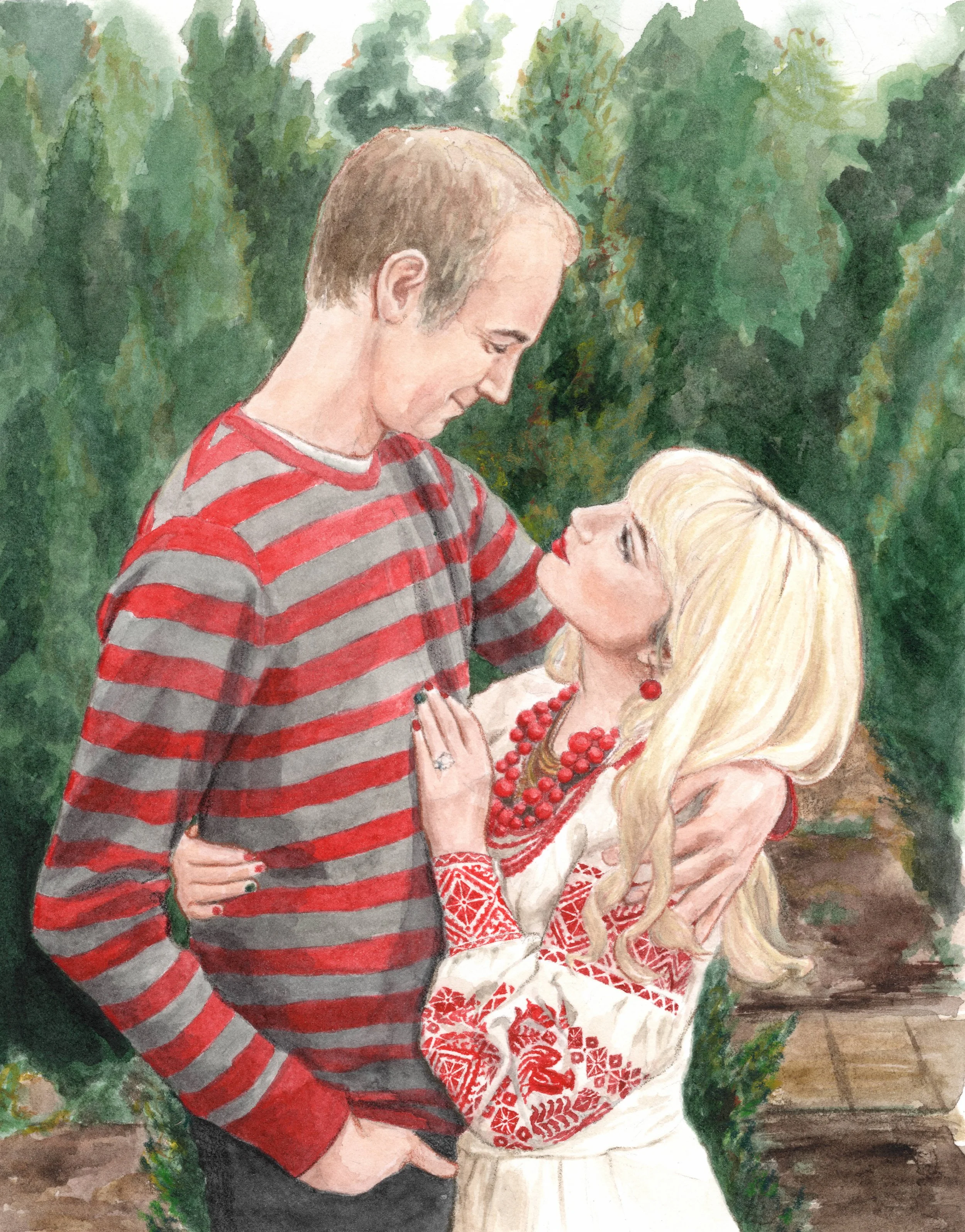Ukraine
Stella (Anastasia), Michael, Mary, Amelia & Josephine Misura, ca. 1920
Grandpa Andy’s parents emigrated from Ukraine in the early twentieth century. His father Michael Mysiura, son of Eudocia (Czornii) and Andreas Mysiura, left at age 18 and arrived at Ellis Island aboard the Graf Waldersee on June 21, 1907.
Roughly eight years later, Michael’s future wife, Anastasia (who later went by “Stella”) Dwulit made the same journey, leaving her parents Catherine and Alexander Dwulit and arriving in the United States at roughly the age of 16.
Michael was from the small village of Wydrne and Stella was from nearby Paszowa, both of which are now in Eastern Poland close to the border of Ukraine. At the time they left, all of this region was part of the Austro-Hungarian Empire. Their hometowns were located in Carpathian Mountain region, and my Aunt Mary recalls Grandpa Andy always saying his side was part of the Lemko ethnic group; such groups were associated with their own customs, dialects, and decorative art styles.
Before emigrating, Stella spent her childhood on farmland, walking the family’s cow to a meadow to graze. She often met up with other children doing similar chores and they would play and sing together. Stella first settled in Youngstown, Ohio, where many of her fellow villagers from Paszowa had settled.
Misura Brothers: Rear L-R: Michael and Andy; Front L-R: John and Paul
Michael initially made Reading, Pennsylvania home, where his own fellow villagers had gathered. He moved to Youngstown for a short while in pursuit of steel mill work. At the time, Stella was working as a housekeeper near the steel mills, and the two met. In 1915, the two married when Stella was still only 16 and Michael was 26. They moved to Reading as Michael was not happy with his work, and according to their social security applications, Michael started working at Reading Iron Co while Stella worked at the Jefferson Tea Room. They had ten children: Mary, Amelia, Josephine (Josie), Michael, Mildred (Millie), Andy, Catherine, John, Paul, and Hanya.
The John Breslawski family: standing, L-R: daughter Pauline, son John, unknown (son Theodore?), daughter Nadia; Seated, L-R: John, second wife, Eva's daughter Maria, daughter Eva, son Peter (?); Ukraine, ca. 1920
Grandma Rose’s parents both came to the United States from the town of Sivka, located close to the Western border of Ukraine and not too far from the Mysiuras and Dwulits.
Rose’s father, Josef Breslawski emigrated in 1912 at the age of 19, leaving behind his father John Breslawski, step mother, and a number of siblings, including Eva, John, Nadia, and Pauline. Relatives have disagreed on the presence of another brother named Theodore. Josef’s younger brother Peter also left Sivka, settling in British Columbia.
It is not know when Rose’s mother Kathryn Federow left Sivka, but she left behind parents Ekelyna (Oleksyn) and Alex Federow. At least one of Grandma Rose’s uncles also left, Alex Federow Jr, who settled in Canada like her Uncle Peter.
The Breslawski family: Rear, L-R: Pauline, Joseph Alex, Mary, William; Front: L-R: Twins Anna & Sophie, Joseph, Rose, Kathryn (Federow), Catherine (Cassie).
Josef and Kathryn married in New York City in 1916, when Josef was 22 and Kathryn was 19. They settled in Pottstown, Pennsylvania, where they had eight children: John, Joseph, Mary, Pauline, William, Anna and Sophie (twins), Cassie, and Rose.
Cassie, Rose, and Josef Breslawski
Around the time Rose was born, in 1932, the Joseph Stalin-led Soviet Union was harvesting wheat from Ukraine, which was intended to be the Bread Basket of the Soviet Union. A devastating Ukrainian famine ensued, known as The Holodomor, and almost four million people are believed to have starved to death in only a year or two. Far from being an unintended consequence of stealing Ukrainian resources, this was also a state-initiated punishment to Ukrainians who wished to gain independence from the Soviet Union. This would not happen for another 60 years, in 1991.
During WWII, Stella’s sister – Grandpa Andy’s Aunt Maria – was captured by the Nazis with her husband John (also known as Jan). Maria was referred to a “тітка Mary”, Ukrainian for “Aunt Mary”. This is pronounced somewhat like “chiht-ka”, but the kids said it more like “cha-cha”. John’s mother, Magdalena, refused to march to the vehicles intended to bear them away from home. Maria and John heard a shot as they were marched away, and they assumed that his mother had been killed by a Nazi soldier. John’s father Stefan later emigrated and settled in Reading. They were both forced into labor in a camp that gassed Jewish men and children. Jewish women were kept presumably to take care of German and Russian soldiers. Maria worked in the kitchen while John welded, and according to a Dwulit descendant, soldiers gave Maria money to get extra food on the black market for them, as there was not much food to go around. During their forced labor, John recalled Adolf Hitler visiting the camp and the prisoners were forced to salute; he recalled making eye contact with Hitler. As the Americans moved in at the end of the war, Maria and John were set to be gassed. Just before Maria was sent in, a German soldier told the women the war was over. After sharing the news, they heard him commit suicide. After the war, Maria and John moved to the US and lived with Stella, eventually having a son named Myron, Grandpa Andy’s cousin.
Aside from such anecdotes, it is unclear how most of our Ukrainian ancestors fared in the famine and war. Due to technology limitations, mounting language barriers as the Misura children assimilated into American culture, and likely the widespread tragedies felt in Ukraine, Andy’s family loss contact with the Mysiuras and Dwulits in their home country, as did Rose’s family with the Breslawskis and Federows. We no longer have any contacts among surviving descendants still in Ukraine, and outside of rare written records and information sharing among other descendants located outside of Ukraine or Poland, we are unable to confirm most of the death dates or descendants of our Ukrainian ancestors who did not leave the country.
However, our Ukrainian culture lives on even three generations after our ancestors’ departures. Our Ukrainian family’s holiday customs such as eating homemade pierogi and mushroom soup – and occasionally fish for those who are not vegetarian – on Christmas Eve have stayed with us. We still bake delicious Ukrainian desserts such as poppyseed cake (a recipe from Stella - or “Baba Misura”) and poppyseed and walnut rolls. One item that has not been embraced is хрін (pronounced kind of like “KLEE-uhn”, or horseradish. There is a common condiment that is horseradish and beets. Grandpa Andy used it as a condiment for his Easter breakfast.
Grandpa Andy and Grandma Rose went to polkas any chance they could get for a good night of dancing and merrymaking. He played the concertina, jamming with his musician buddies and his granddaughter who is a violinist. The summer after fifth grade, Aunt Mary gave me her wooden clarinet and he and I “jammed” (he played harmonies as I played the beginner music from my music book) in his dedicated concertina room. While my family visited me in Paris ten years later, we came upon a Ukrainian band called Les musiciens de Lviv playing in the metro. I bought their CD and photographed them, later turning one image into an oil painting.
Grandma Rose passed on the Ukrainian art of pysanky to Sharon and Mary, who then introduced the tradition to their children. Efforts have also been made to re-establish Ukrainian customs in my generation. For instance, Mary’s daughter Emily incorporated a traditional рушник (rusknyk) ceremony during her wedding, which involved a traditional embroidered cloth being presented and stepped over by the couple. They also included the traditional Ukrainian wedding braided bread коровай (korovai) during their reception and played Ukrainian songs after the ceremony. Most of the descendants of Andy and Rose own vyshyvanka, or traditional embroidered blouses, either ordered from Ukraine or sold at Ukrainian festivals in the US. Mary and Sharon’s cousin Pastor Rite Reverend Mitred Archpriest Philip (descended from the Breslawskis) is a priest at St. Josaphat's Ukrainian Catholic Church and my mother regularly attends their festivals, where they sell Ukrainian dress, jewelry, food, and crafts such as intricately carved wooden boxes.
In the 1940s, Grandpa Andy and Grandma Rose met at a polka dance when Rose struck up a conversation with him at the bar. After Andy served in WWII and then earned his GED and Associate’s Degree in forestry, they married in 1954 and made their home in Upstate New York. They had three daughters: my mom Sharon Kathleen, and aunts Christine Anne and Mary Catherine. My parents named my brother Andy after Grandpa Andy, and my middle name is Rose after Grandma Rose, with whom I share a birthday.
On February 24, 2022, roughly 110 years after my great grandparents left Ukraine, Russia invaded Ukraine under false pretenses, under the toxic leadership of Vladimir Putin. We no longer know who of our aunts, uncles, and cousins descended from the Mysiura, Dwulit, Breslawski, and Federow lines remain in Ukraine and Poland, but our hearts are heavy all the same.


